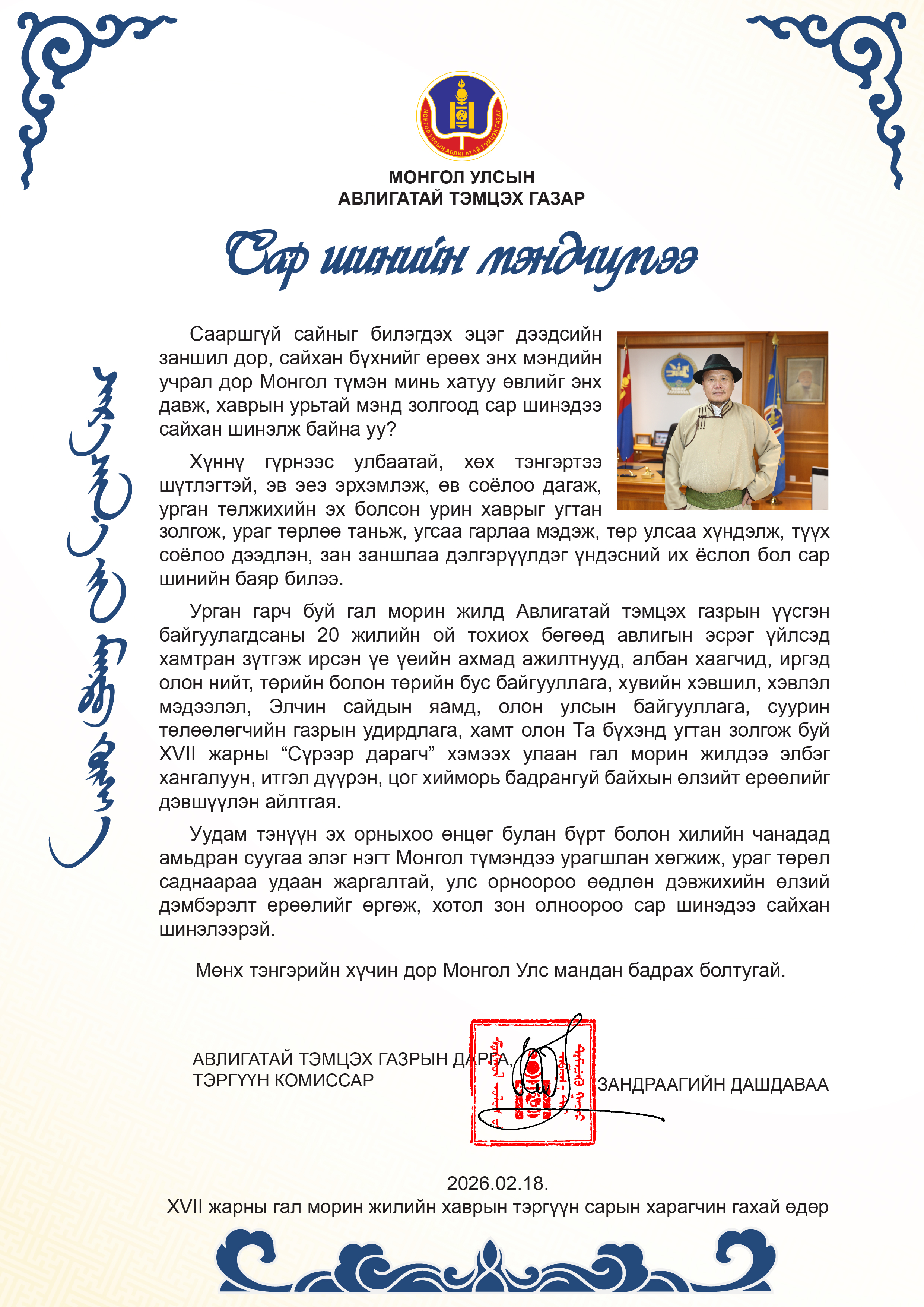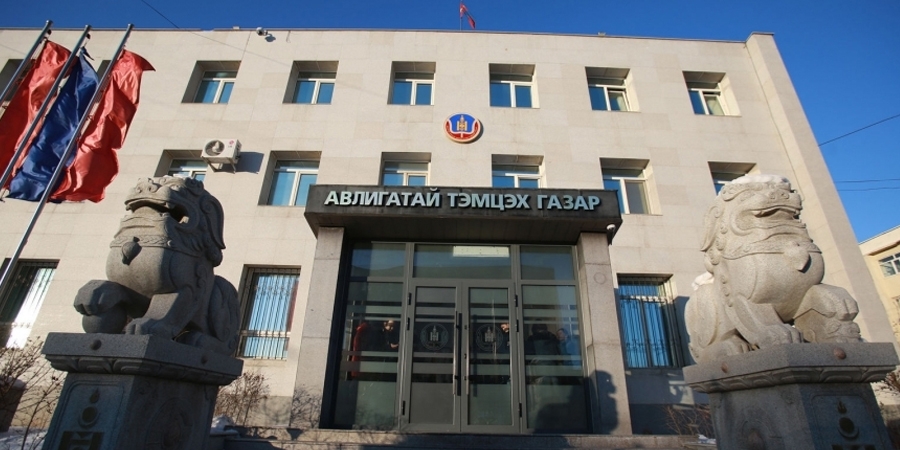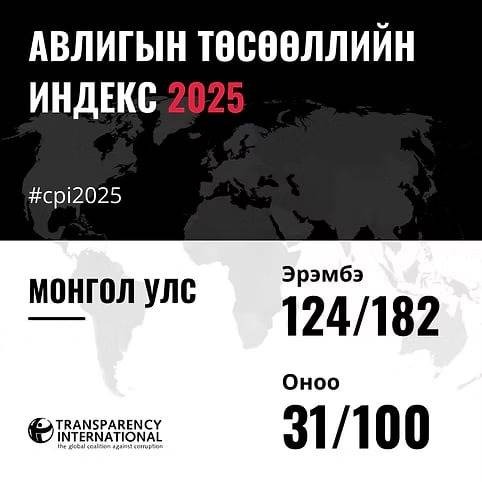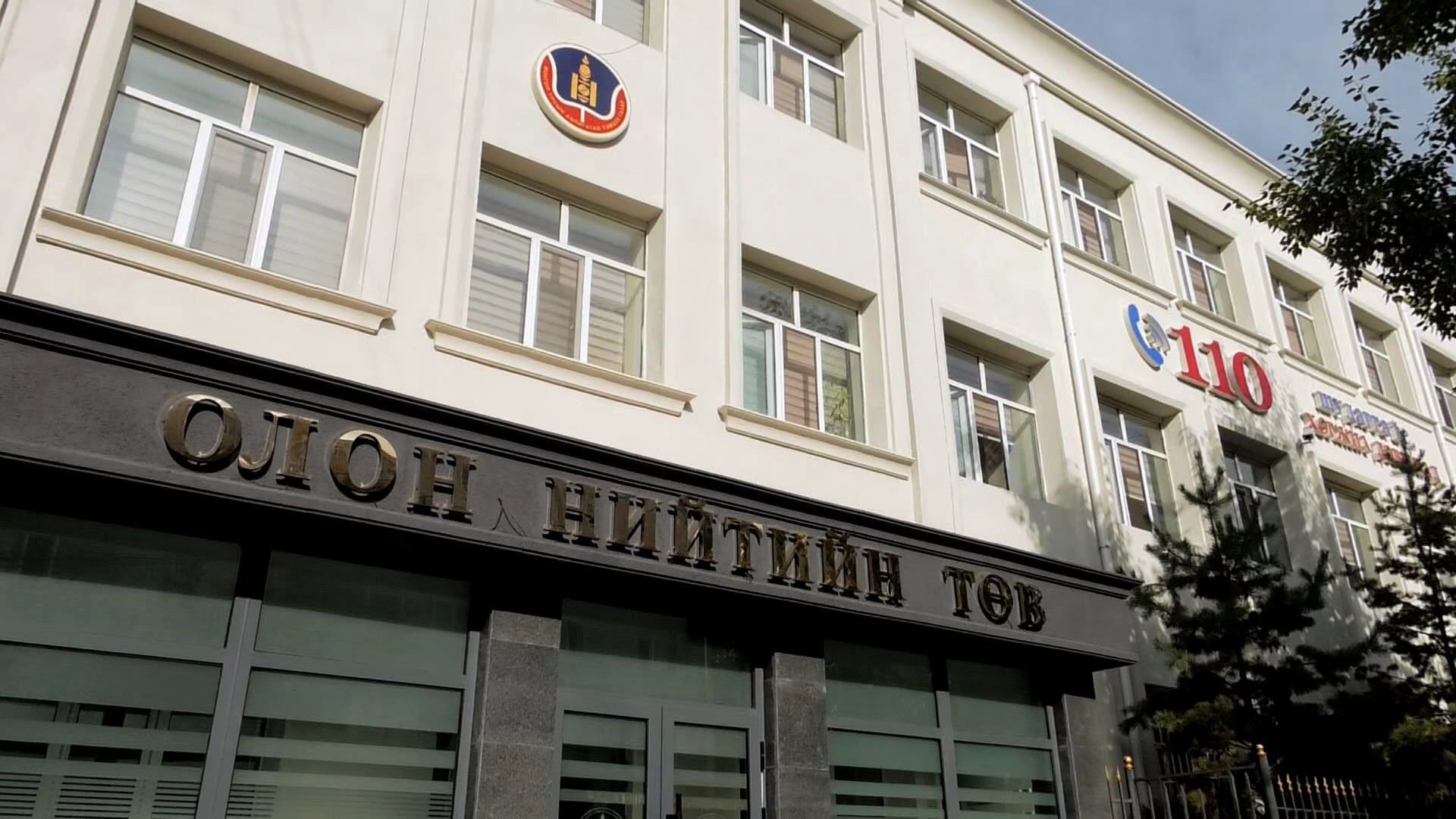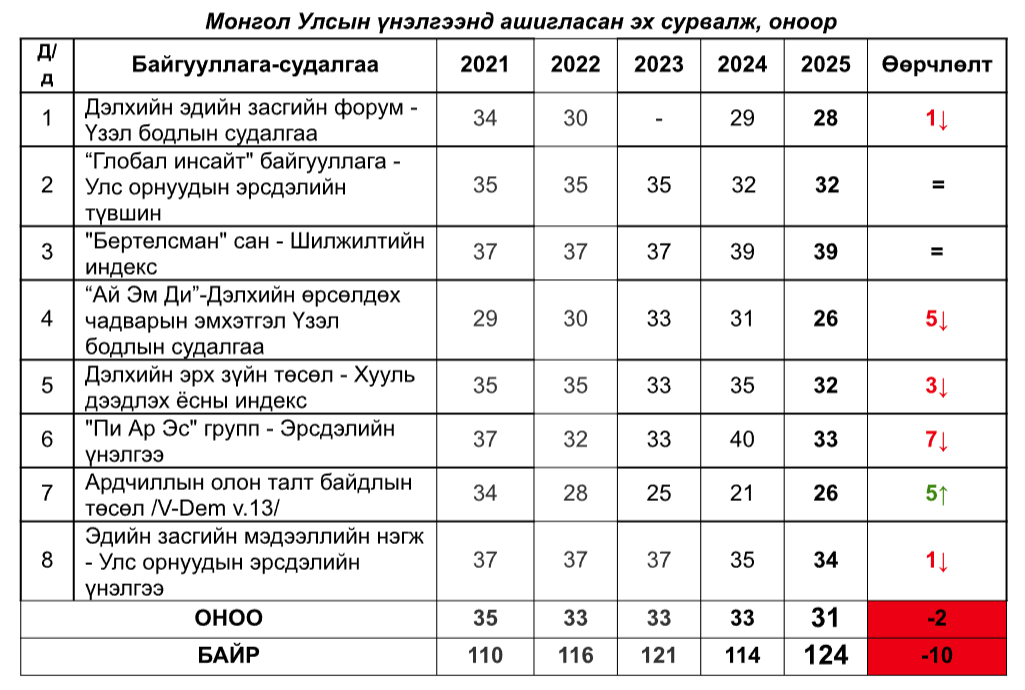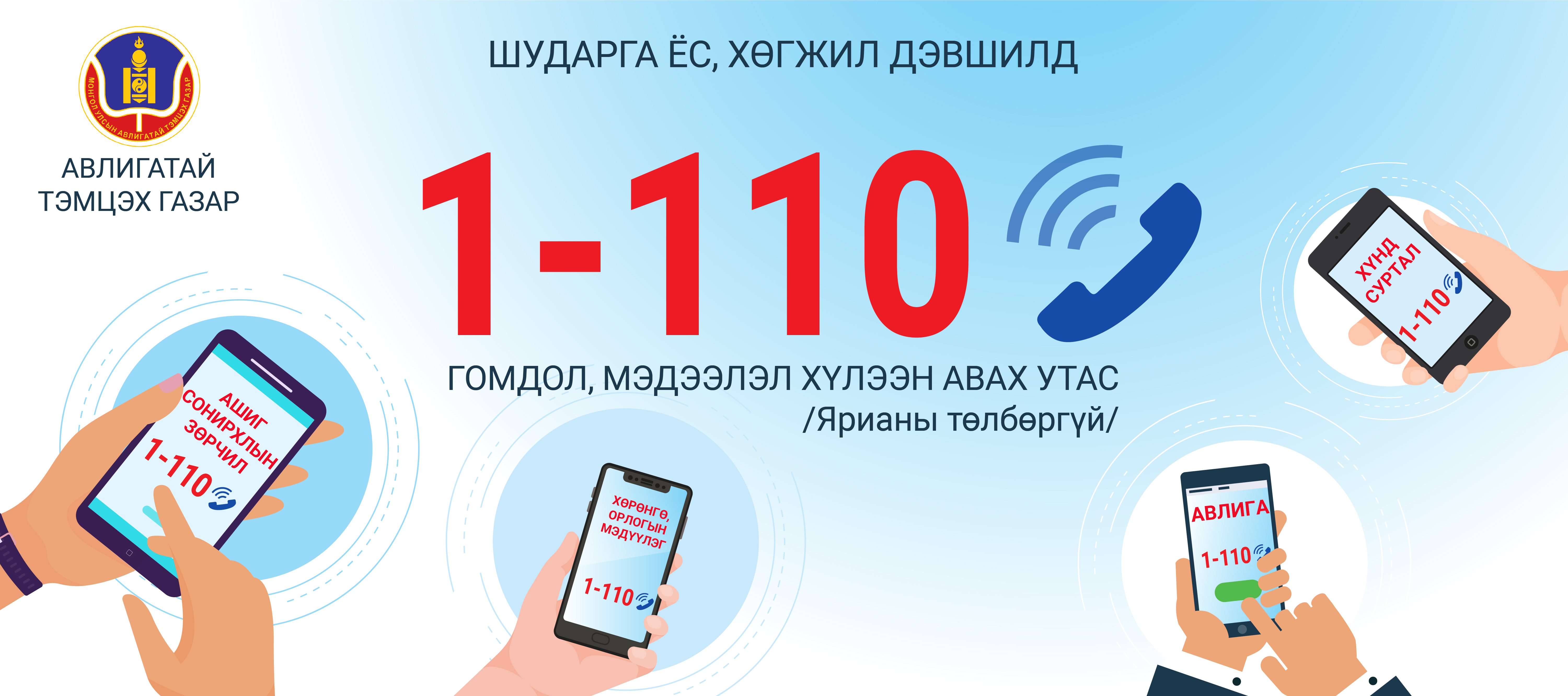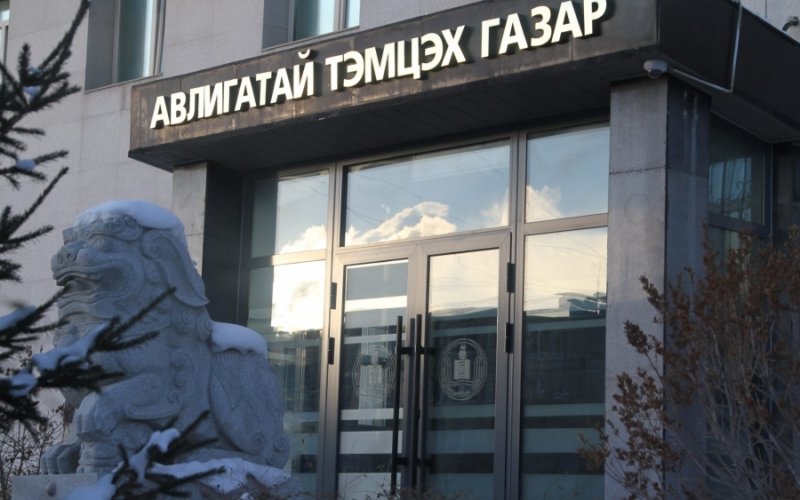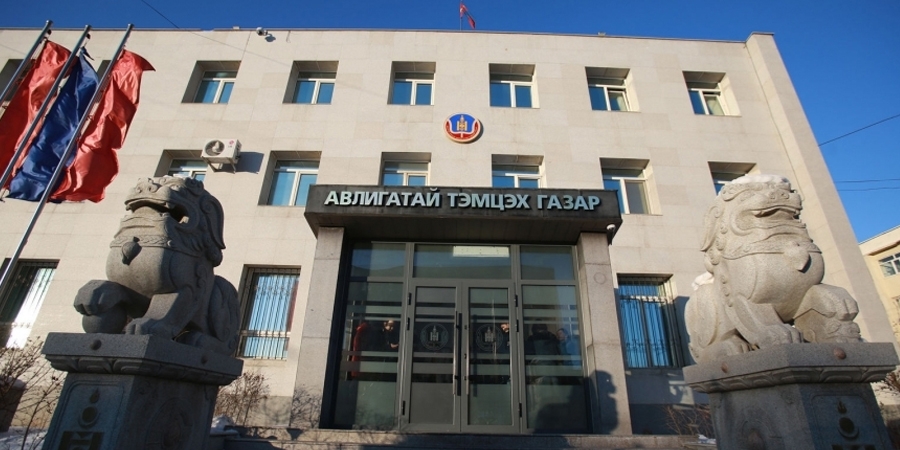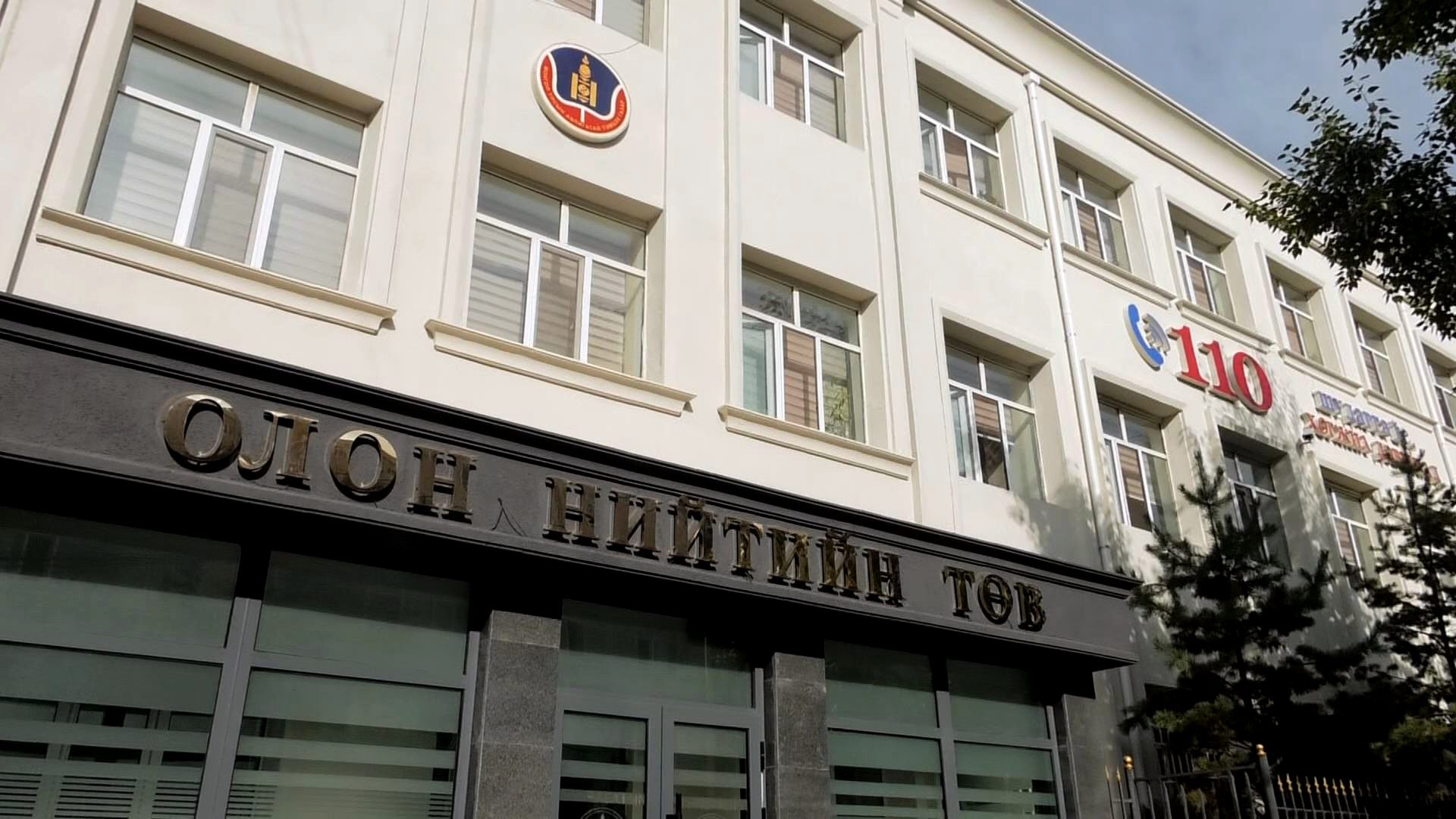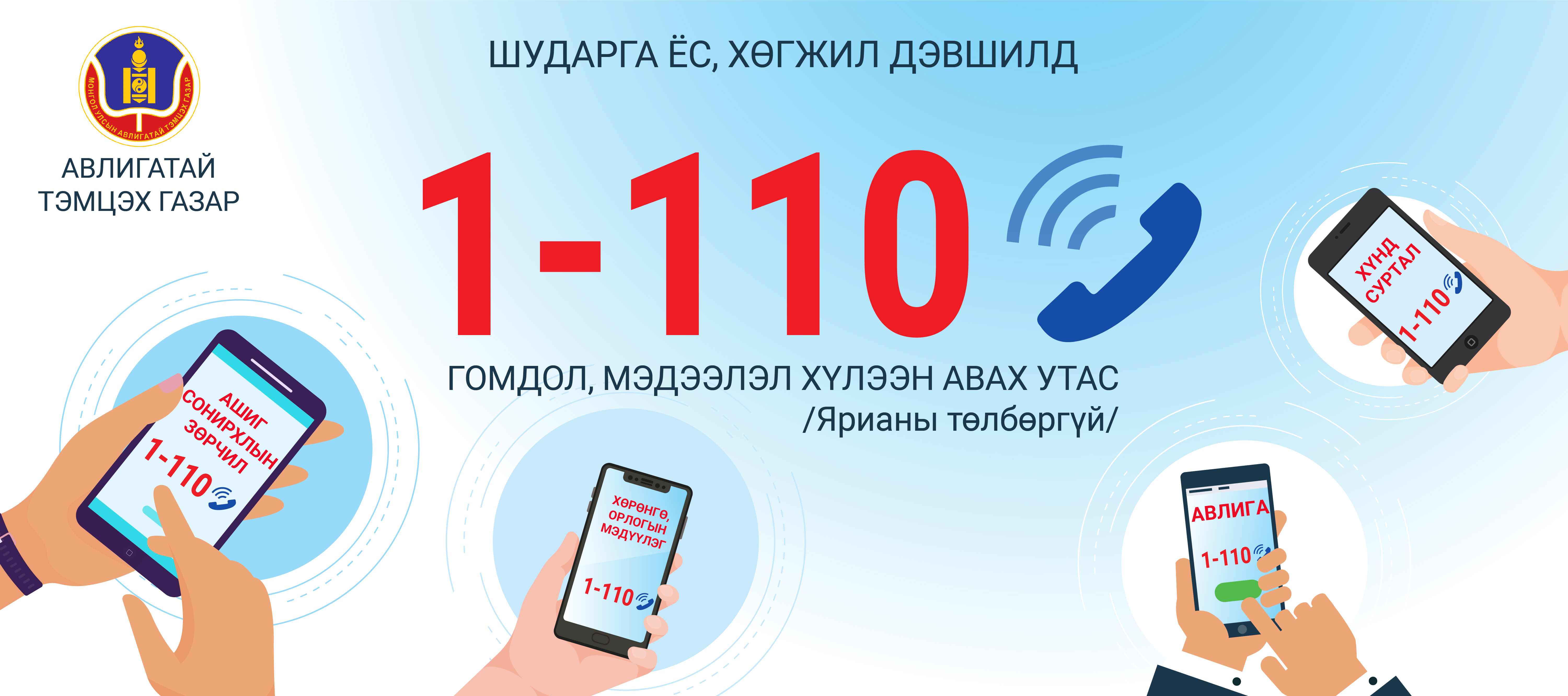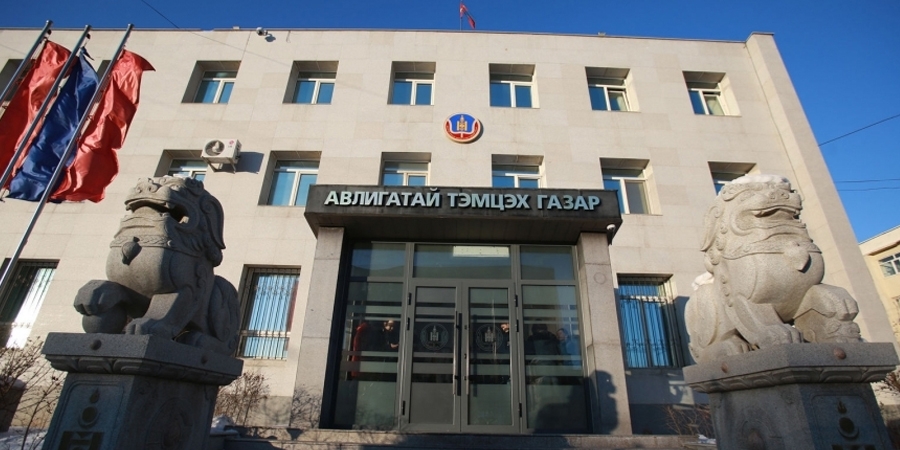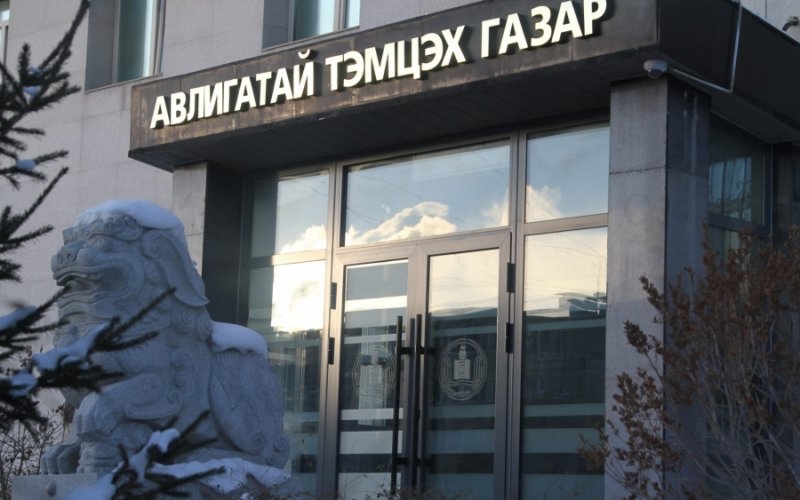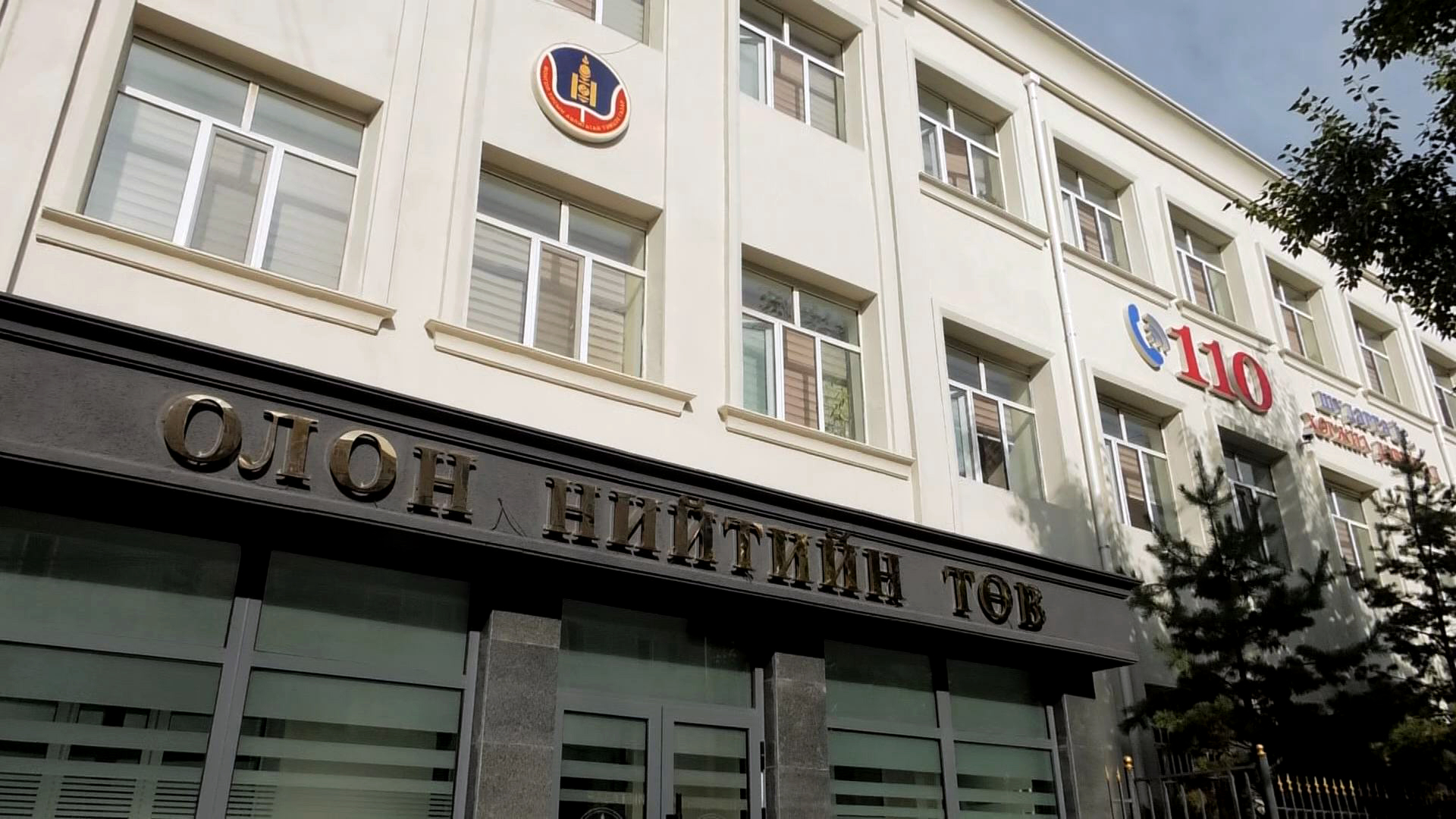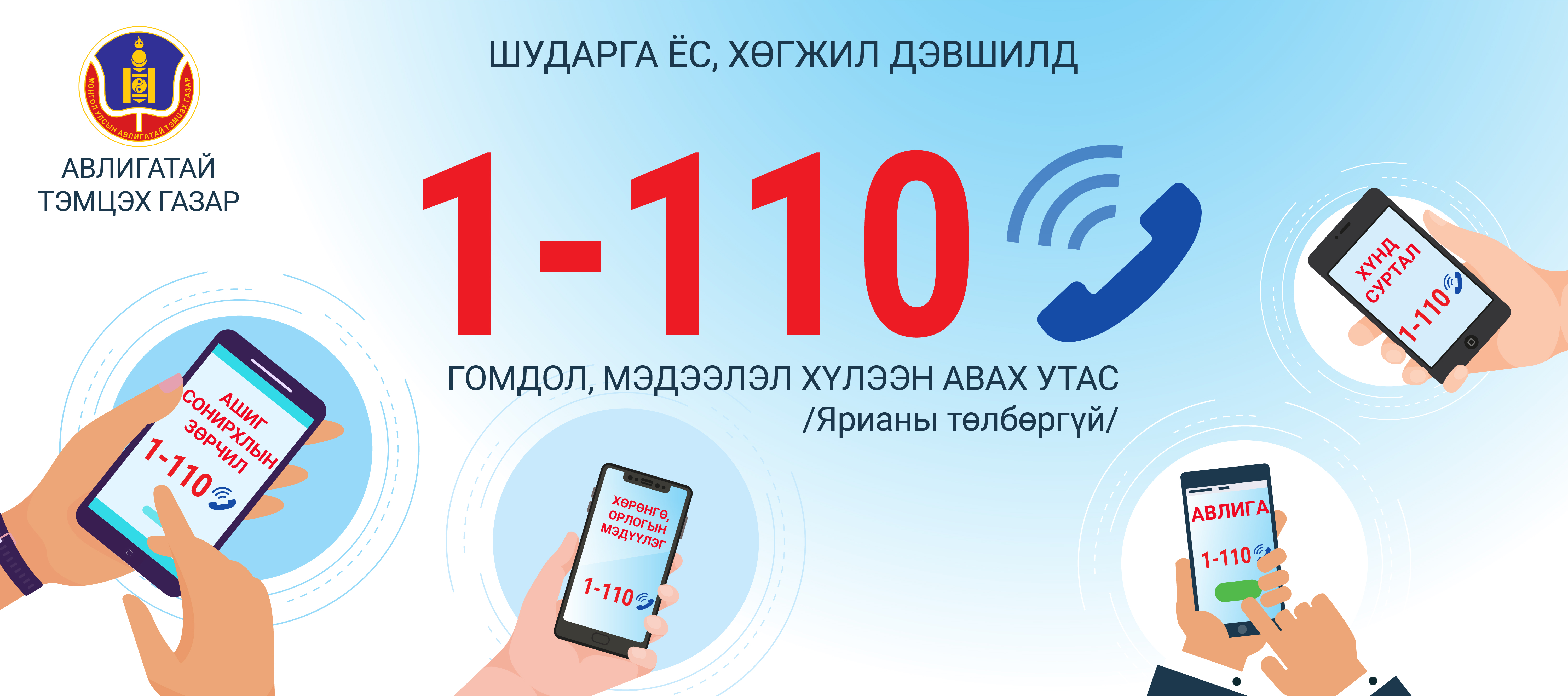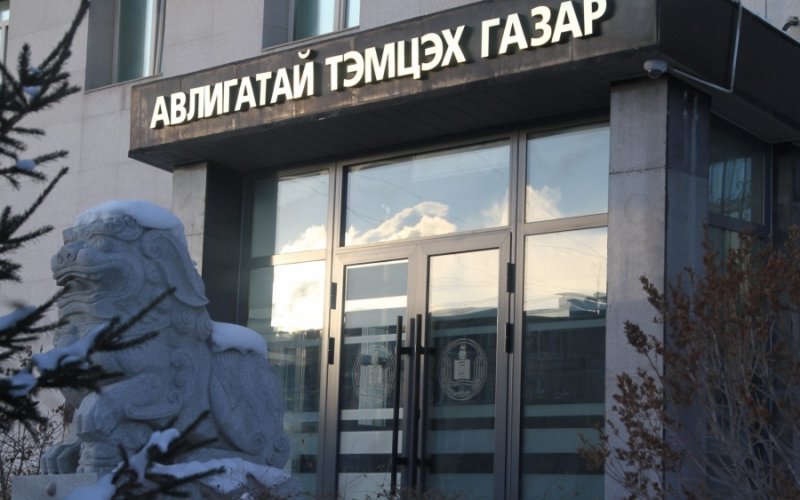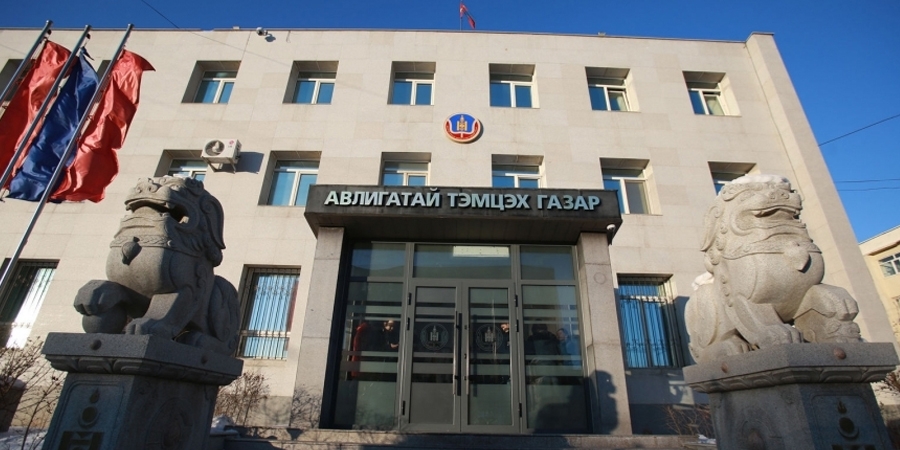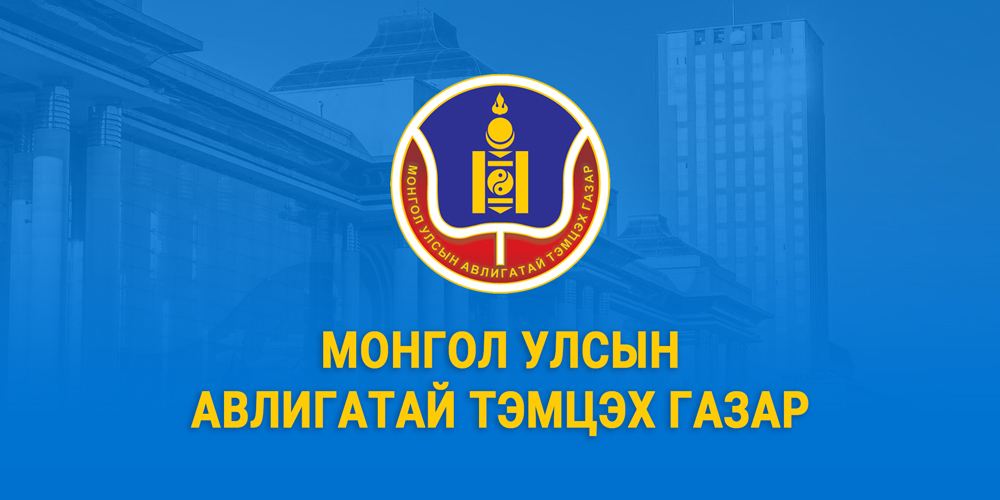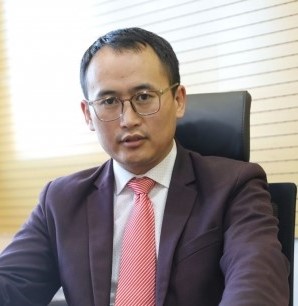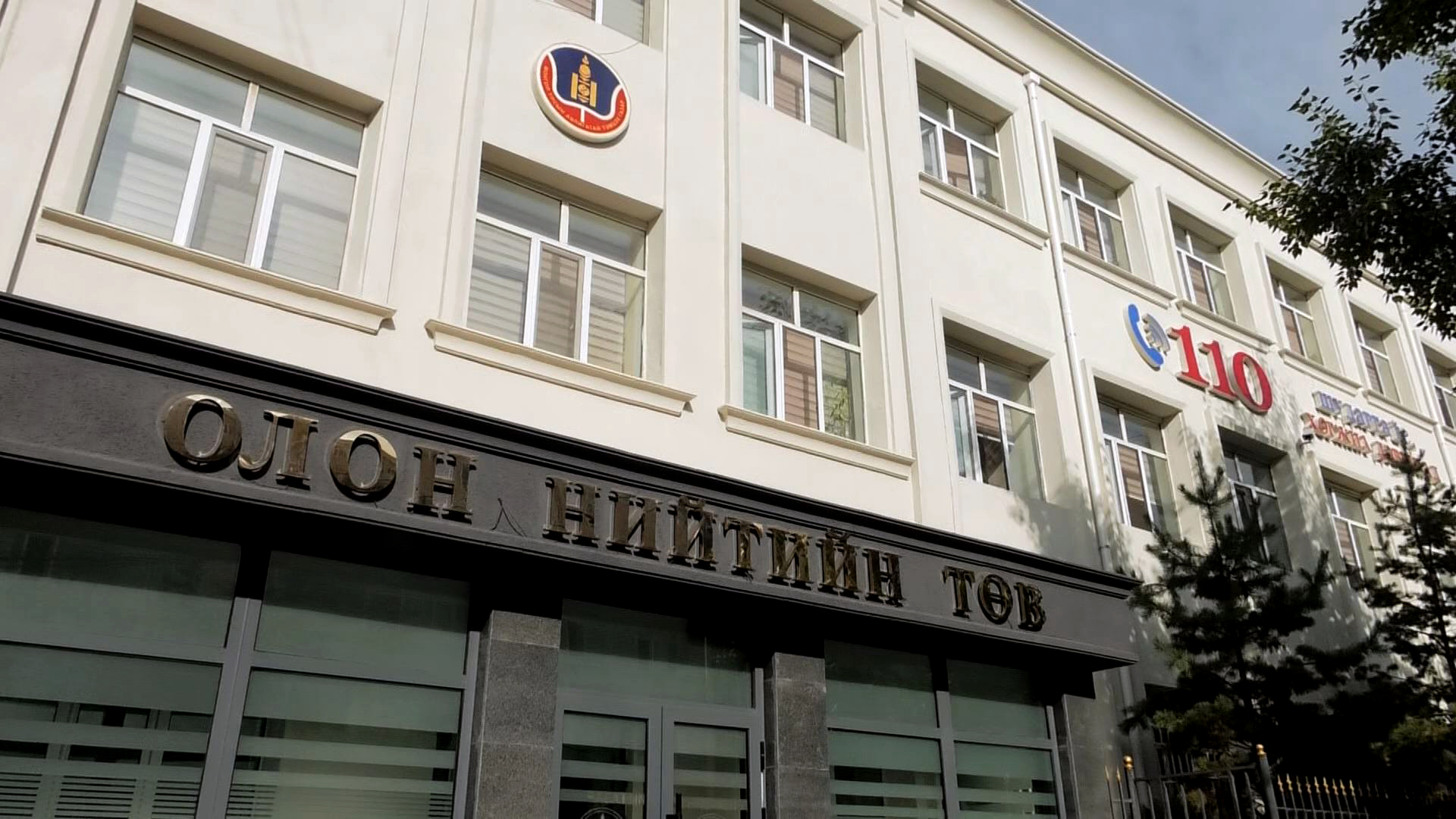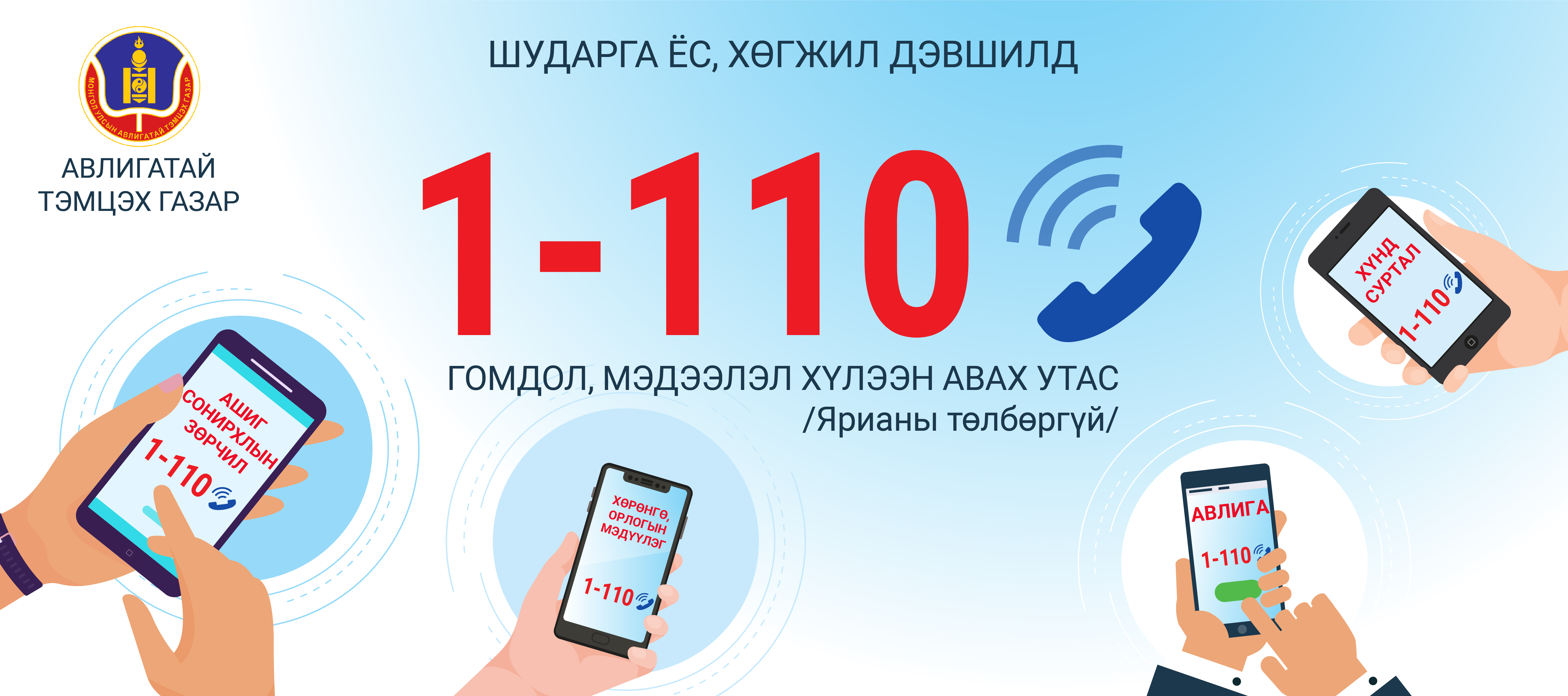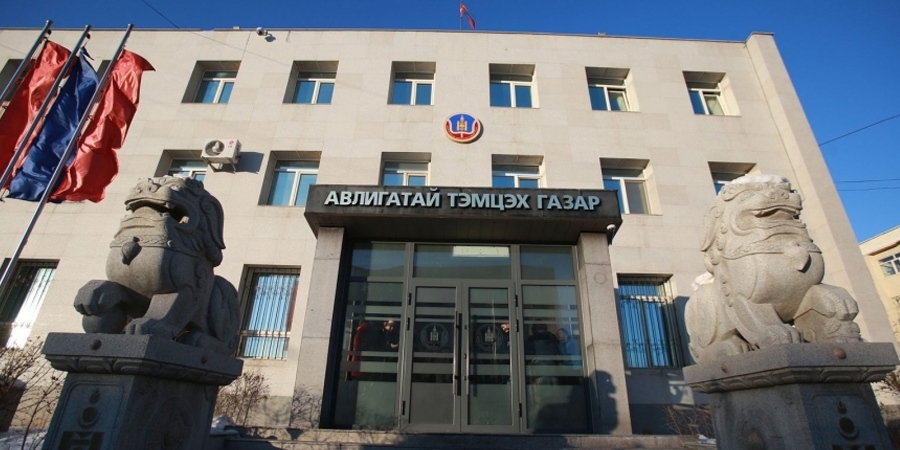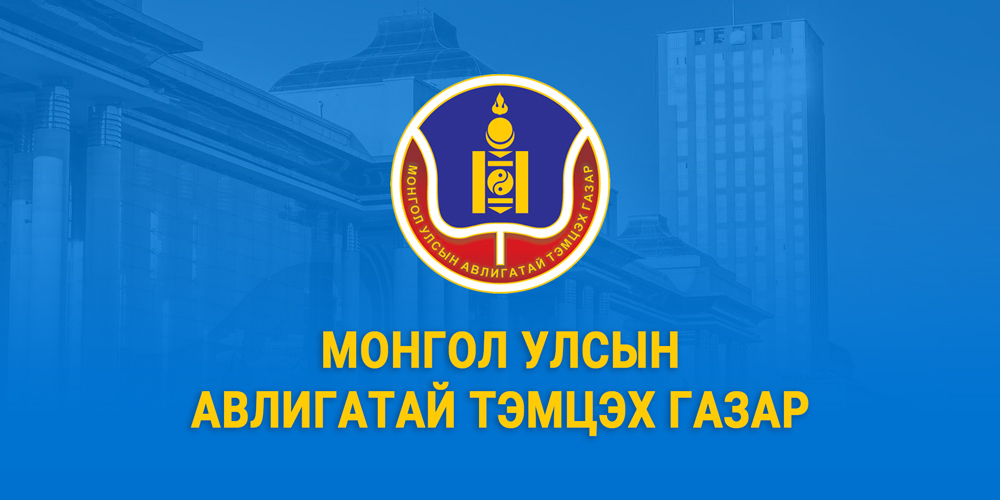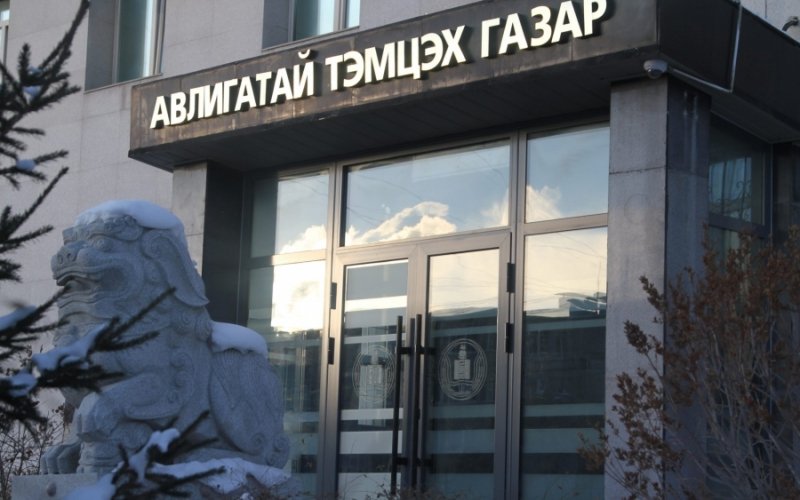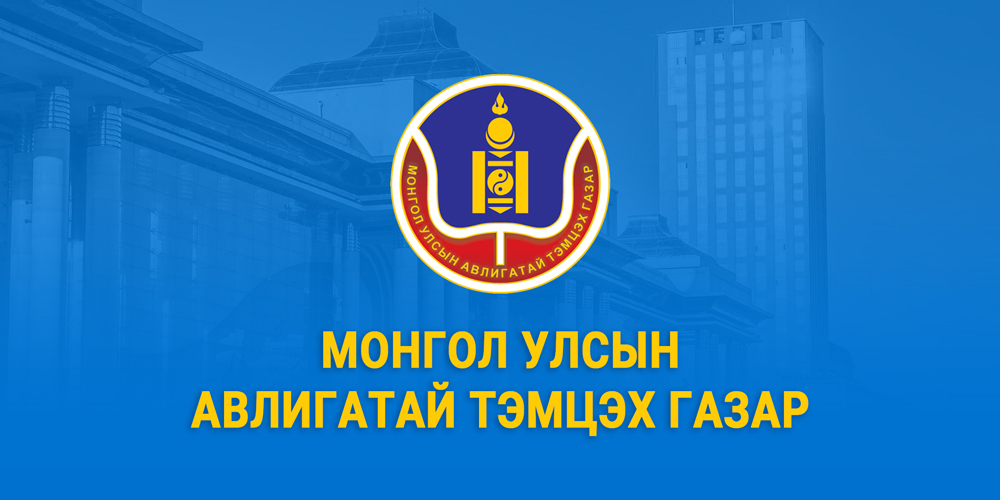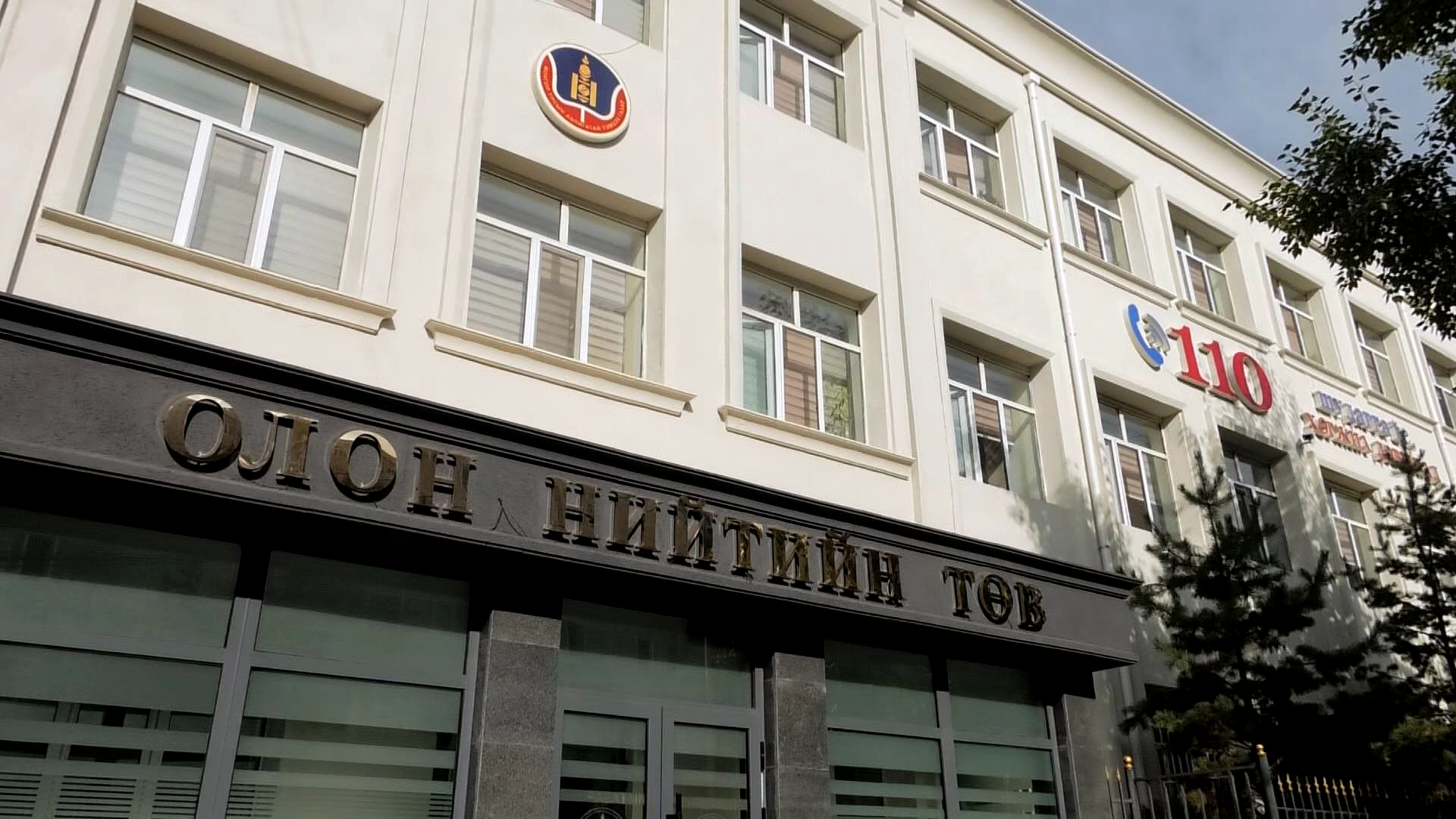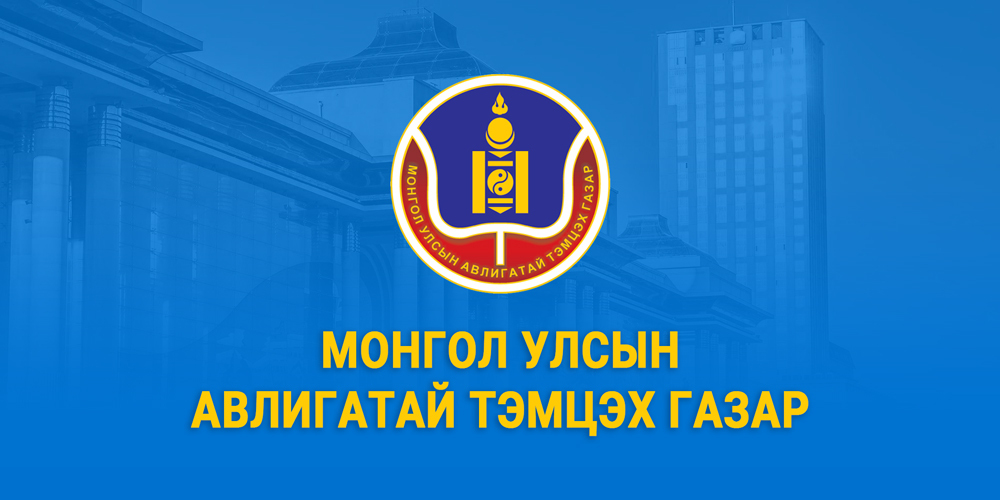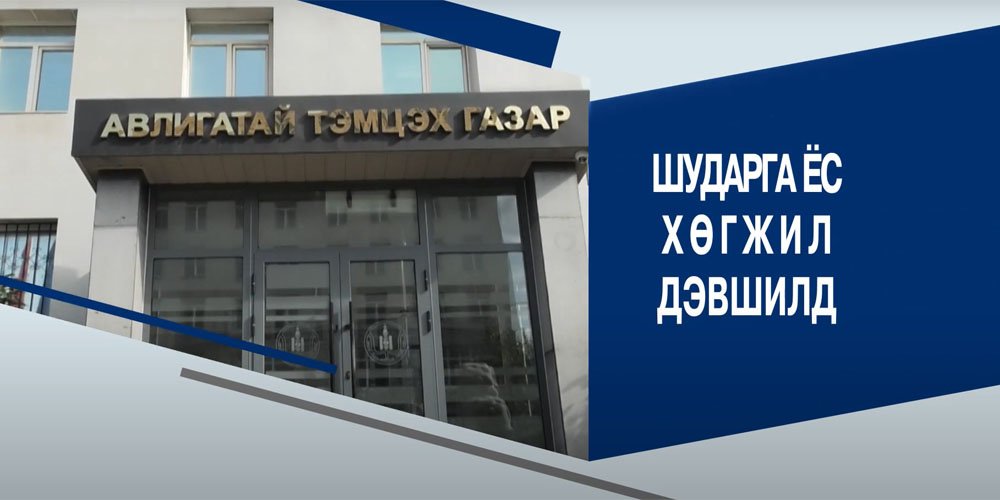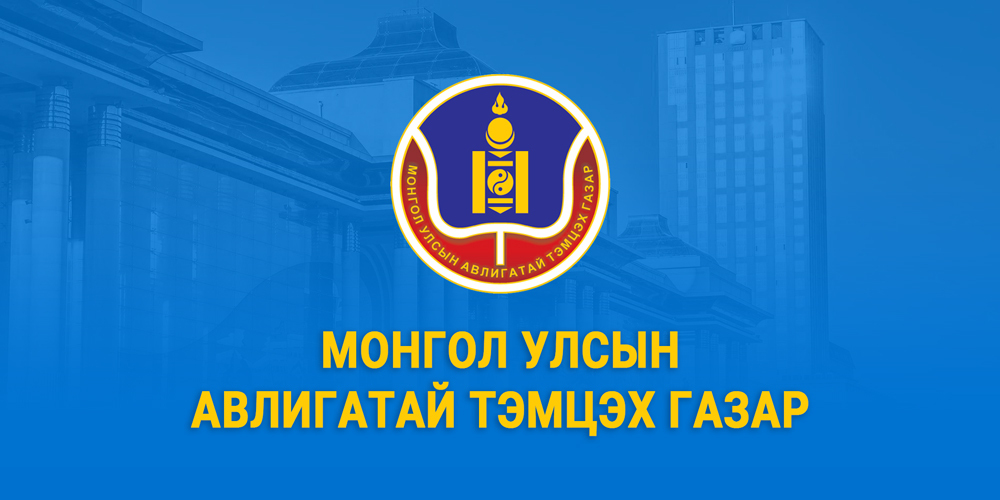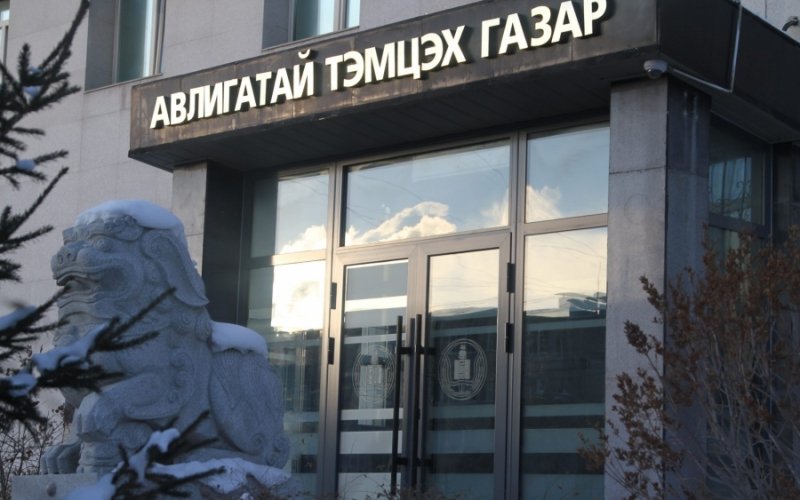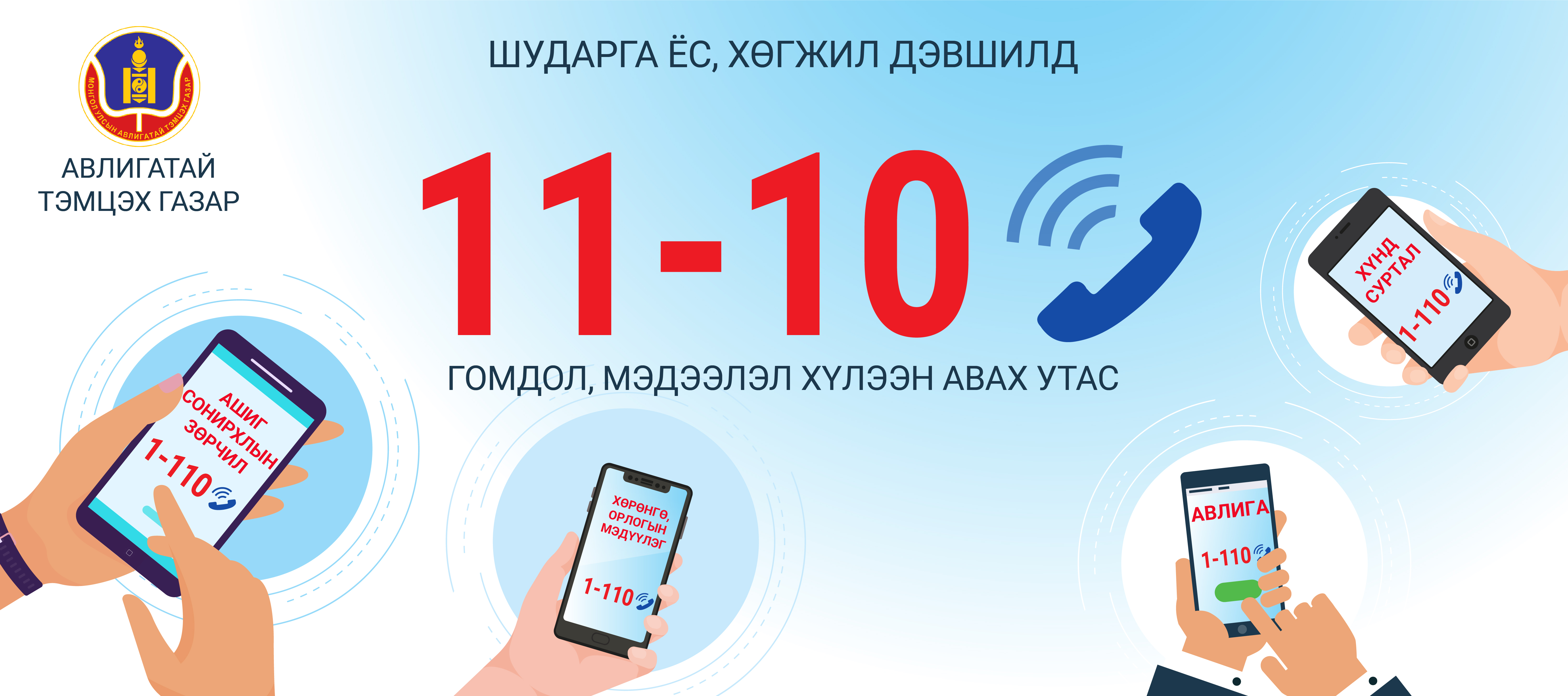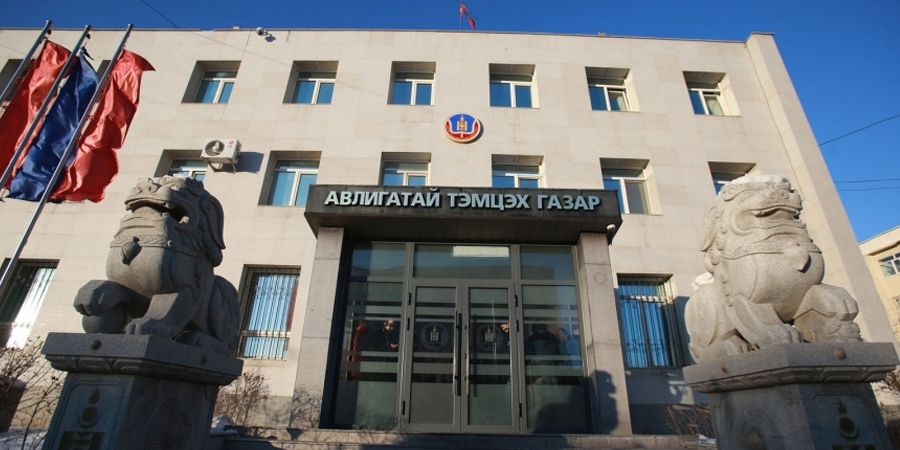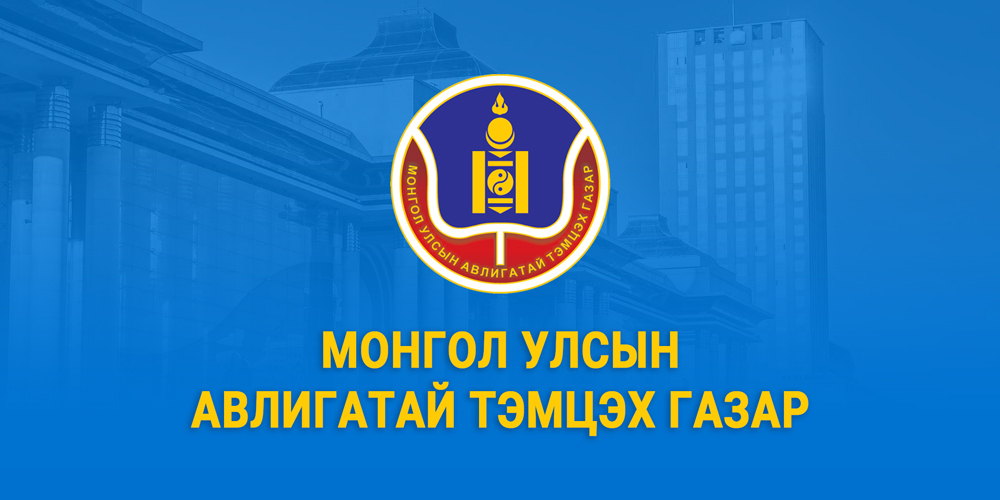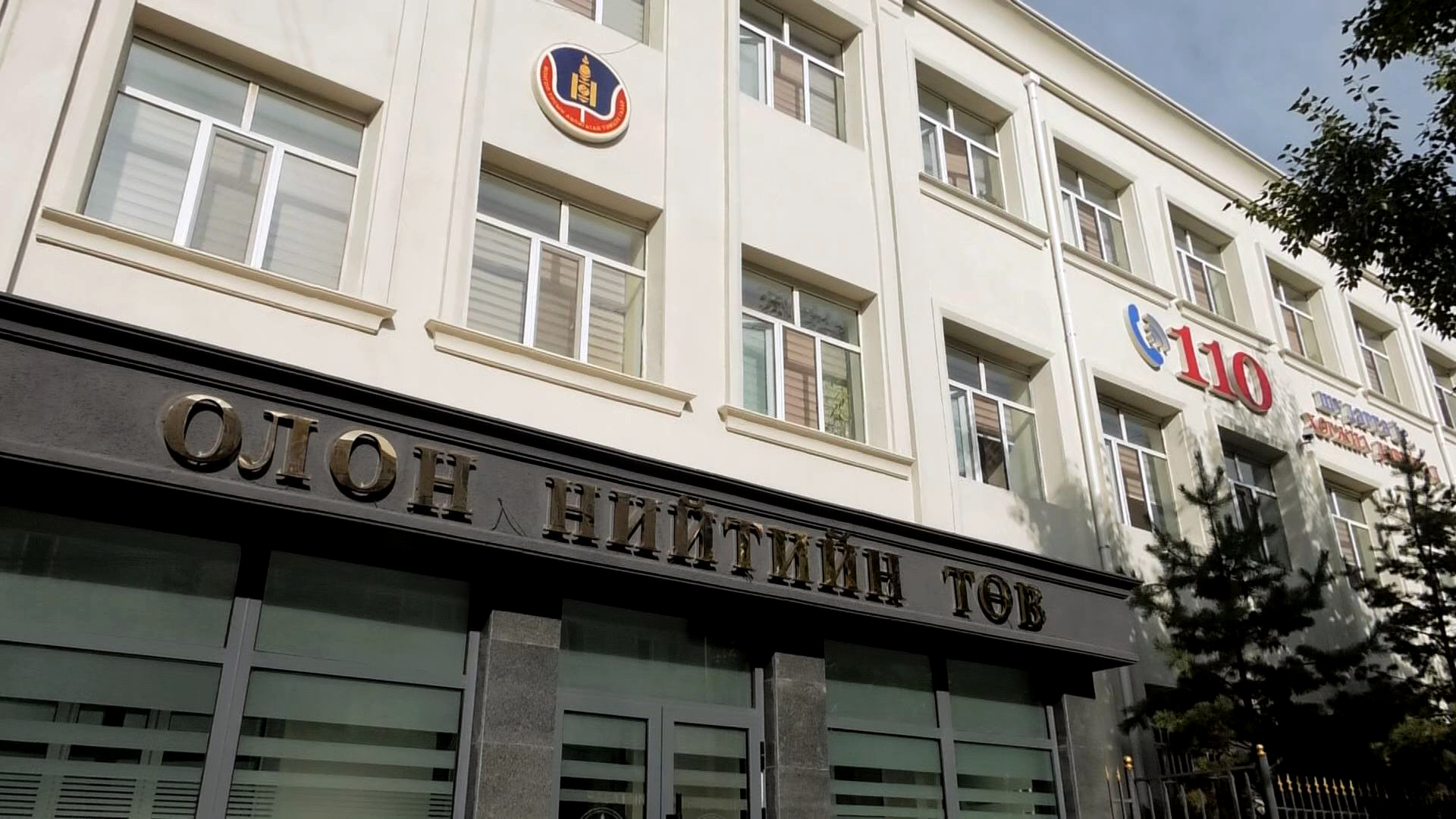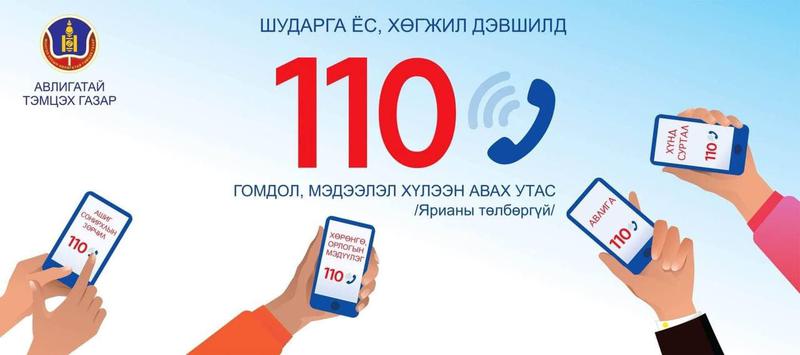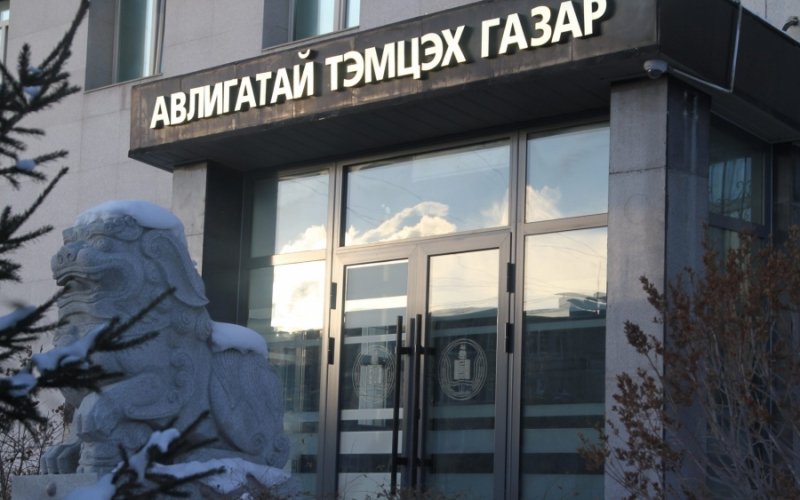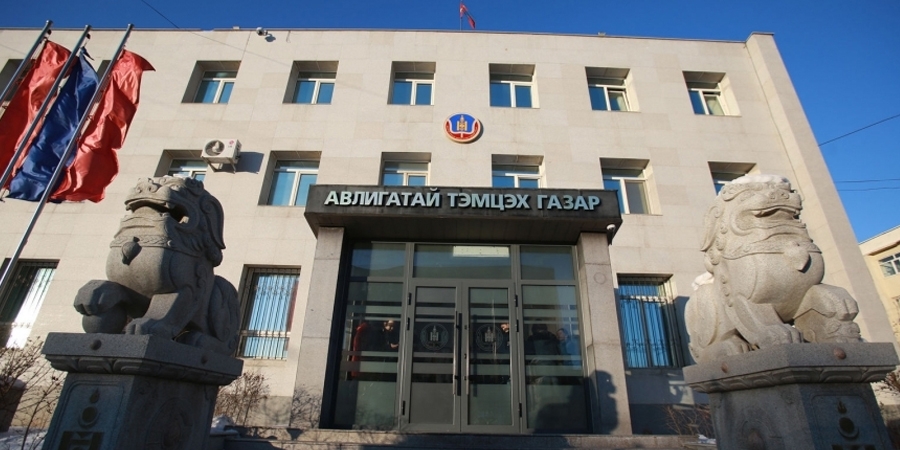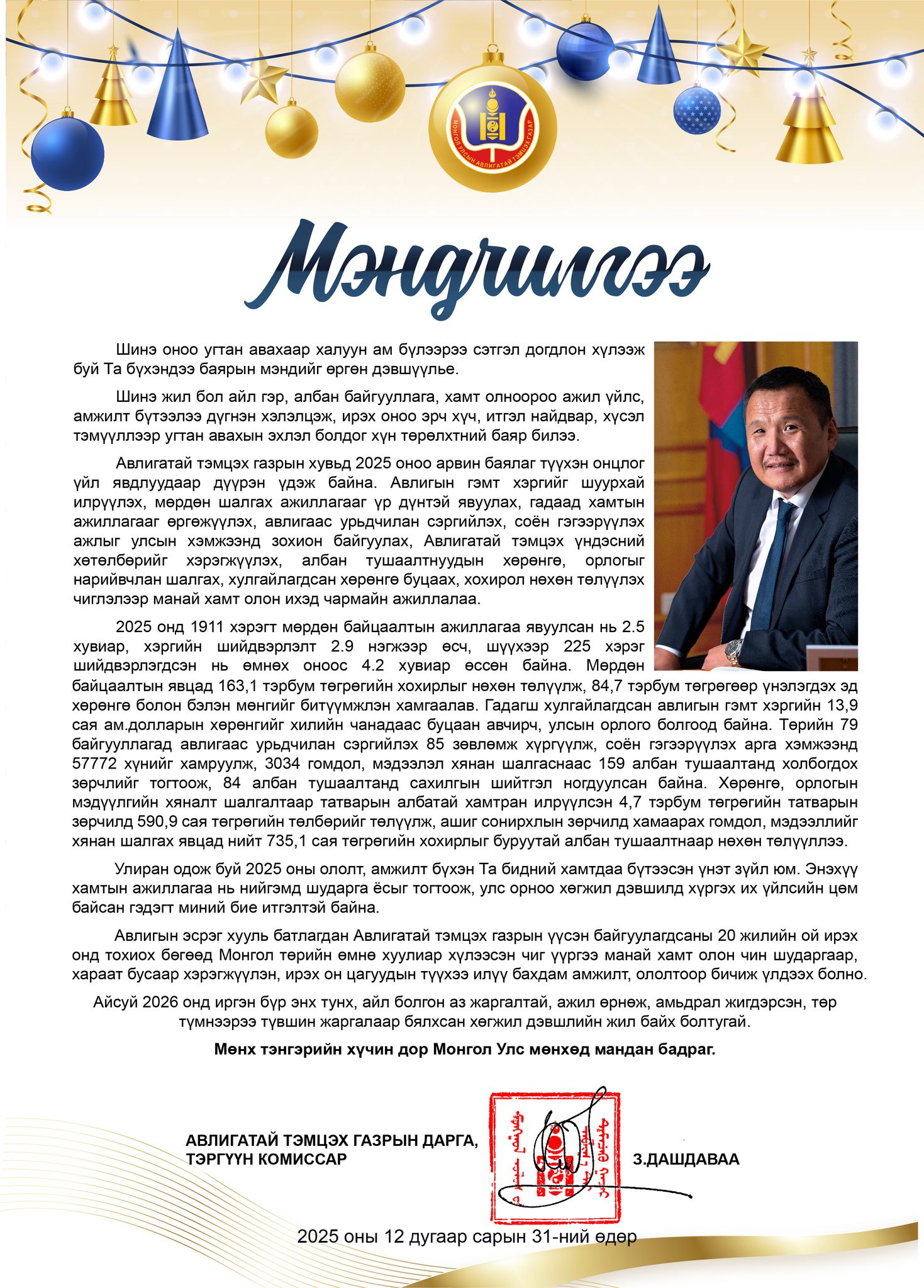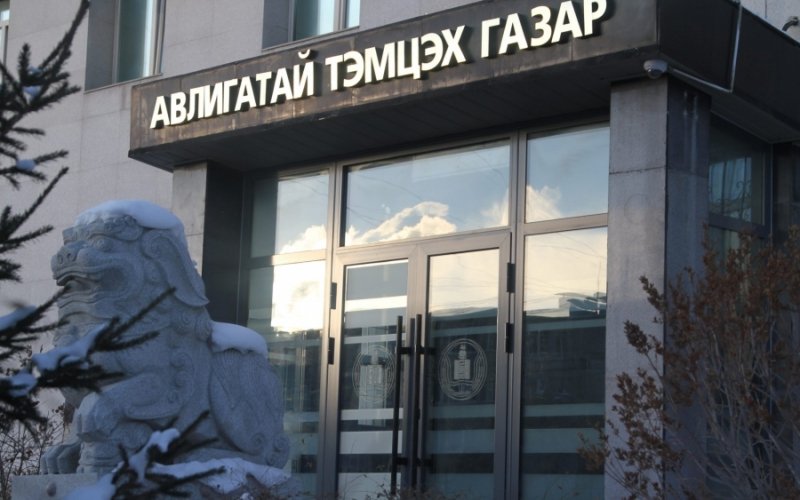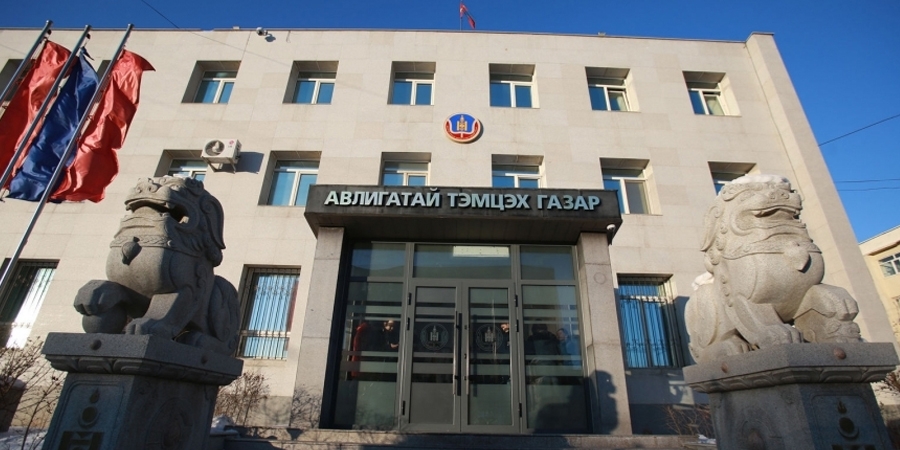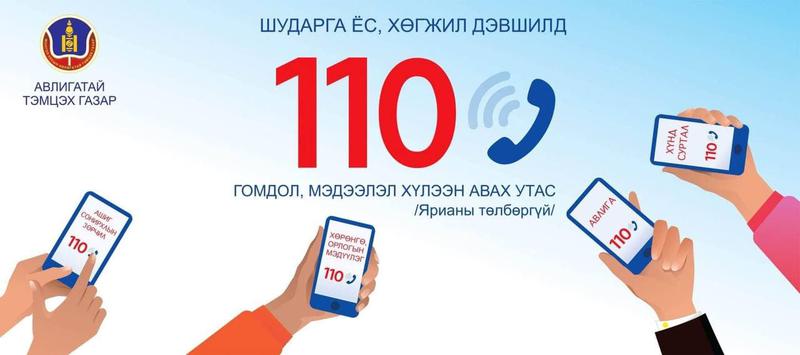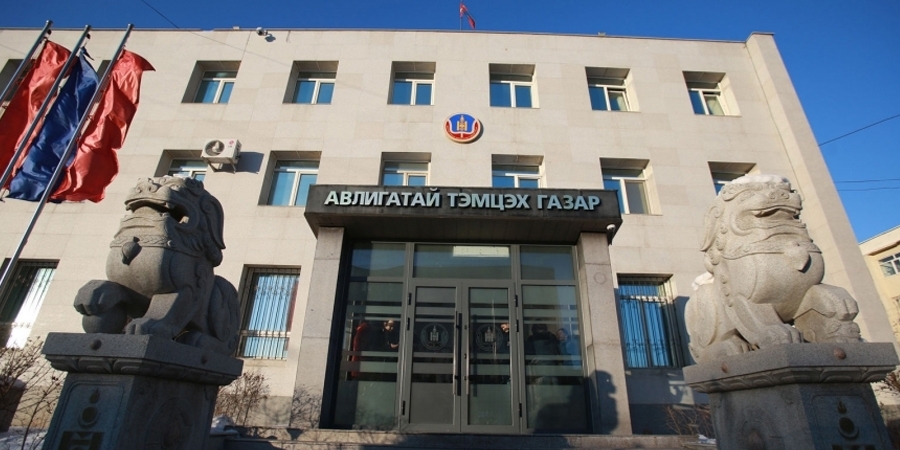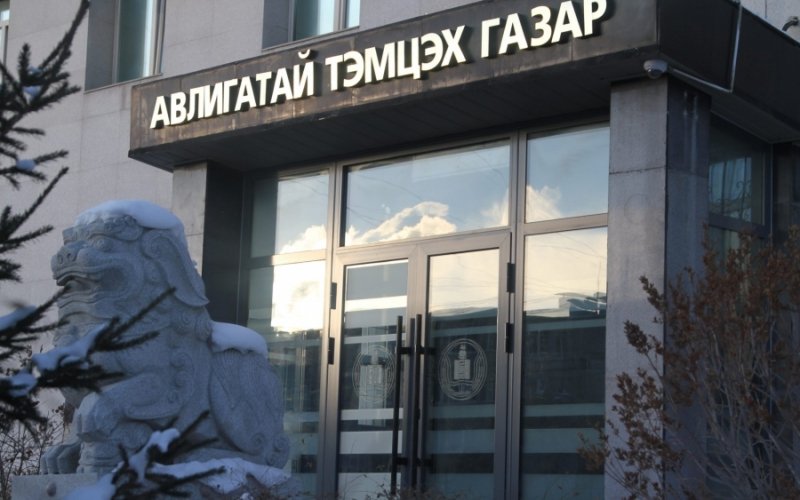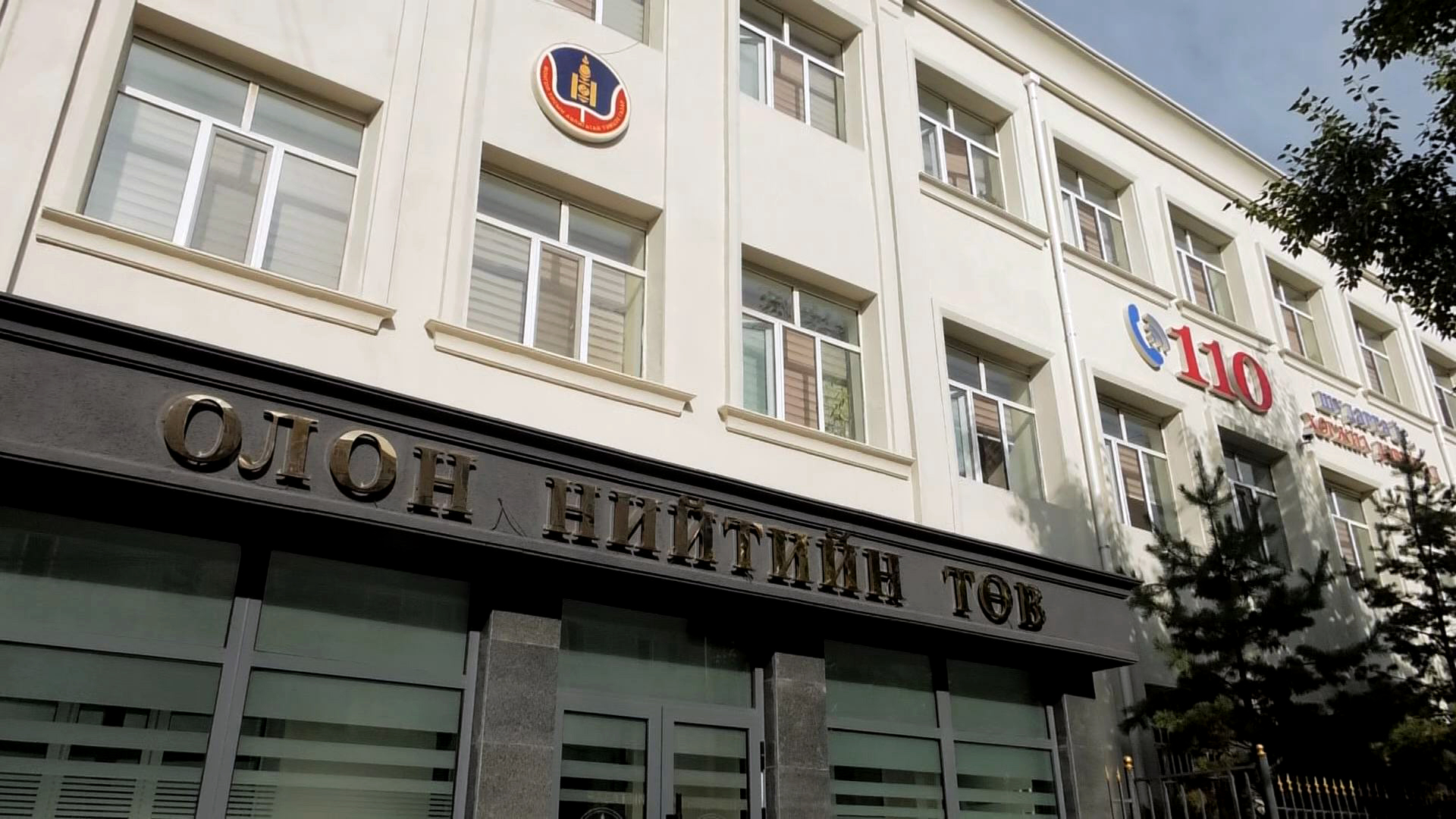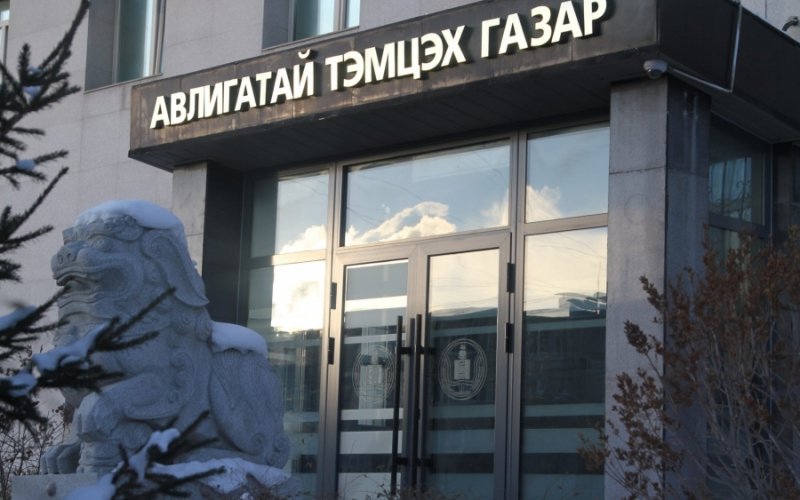
A FORUM ON “BUILDING INTEGRITY OF CHILDREN AND YOUNG PEOPLE THROUGH STUDY CURRICULAM OF SECONDARY SCHOOL AND UNIVERSITIES”
The Prevention and Public Awareness Department of the IAAC organized a forum on “Building integrity of children and young people through study curriculam of secondary school and universities” on March 5, 2021 at the Public Center of IAAC.
Article 4.1.10.2 of the National Anti-Corruption Program states that “to organise multilateral activities and covering educational organizations and families with purpose to build fair citizen with zero tolerance against corruption, and to include anti-corruption topic in the study curriculum and standards of all levels of education”. The Independent Authority against Corruption is working with educational and training institutions at all levels to achieve this goal.
In 2020, the Independent Authority against Corruption has started a study that analyzes the inclusion of fairness, ethical attitudes, the prevention of corruption and conflicts of interest in the secondary school curriculum. Specialists from the Higher Education Department of the Ministry of Education and Science, the Education Evaluation Center, and the Institute of Education, as well as B. Odonchimeg, Head of the Quality Department of Shihihutug University, E. Oyun-Erdene, a researcher, G. Uyanga, a lecturer at the University of Agriculture, and Dr. U. Tuya Researchers, university and secondary school administrators, and teachers participated in the forum.
They discussed and shared opinions about “Analysis of the content of fairness, intolerance of corruption, and prevention of corruption and conflict of interest in general education and higher education curriculam and presented two sub-sessions on General education and Higher education.
The first sub-session discussed the issues of analyzing the basic curriculum of higher education, improving the ethical attitude factors, integrating and implementing the content of fairness in the curriculum. While the second sub-meeting discussed the current situation of the standard of the state examination and curriculum, and general entrance examination of secondary schools, as well as the possibility and way to reflect the content of fairness in the entrance examination questionnaire.
The subjects such as “Human and society (Civic Education)” for primary school, “Sociology” for middle and high school, and “Civic education" for primary, secondary, and high school” approved by Order No. A/492 of the Minister of Education, Culture, Science and Sports in 2019. The curriculum reflects the content of justice and corruption in all secondary school students.
The participants of the forum were encouraged to pay more attention to the report and recommendations of the “Child Integrity Survey” organized by the Independent Authority against Corruption and agreed that a number of measures need to be taken to effectively and intensively implement the objectives of the National Anti-Corruption Program. For example, the inclusion of a fair and ethical approach to the curriculum of secondary schools, the continuous implementation of advocacy measures for students to develop a fair attitude through their subjects, and the fact that class teachers and social workers are responsible for children's fairness. The authorities are advised to pay special attention to the issues of class, students’ group, and school activities aimed at developing honesty, developing special schedules and plans, and reporting the results every six months.
E.Oyun-Erdene, GMIT Student Affairs Officer, who moderated the discussion, said, “Content analysis was conducted on 48 subjects of primary and secondary education and 8 accredited programs of universities and colleges. Only children who choose to study social studies are studying the content of fairness without corruption. Doctors and children studying chemistry and biology do not choose to study social studies. So, they don't have that knowledge. In today's discussion, it was considered that the four compulsory subjects should include anti-corruption and fairness contents.
In addition to educational institutions that provide anti-corruption education, it is important to support the involvement and initiatives of parents and governmental and non-governmental organizations. It was decided to develop specific suggestions and recommendations from the forum and submit to the decision-makers.



